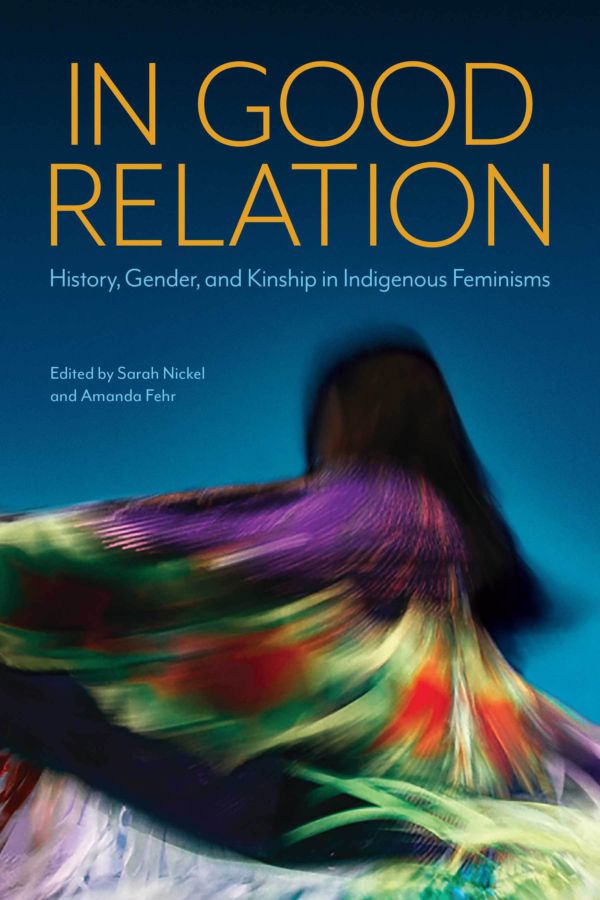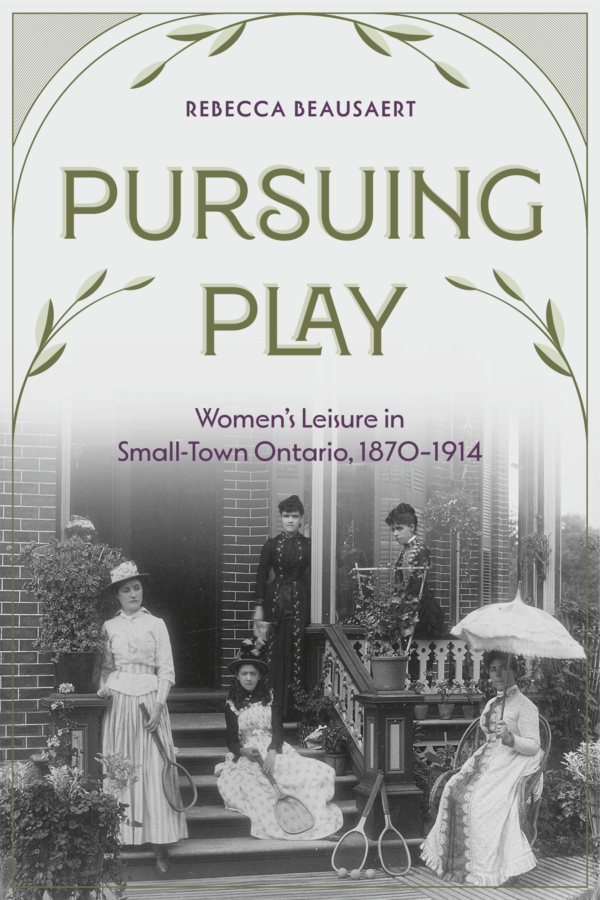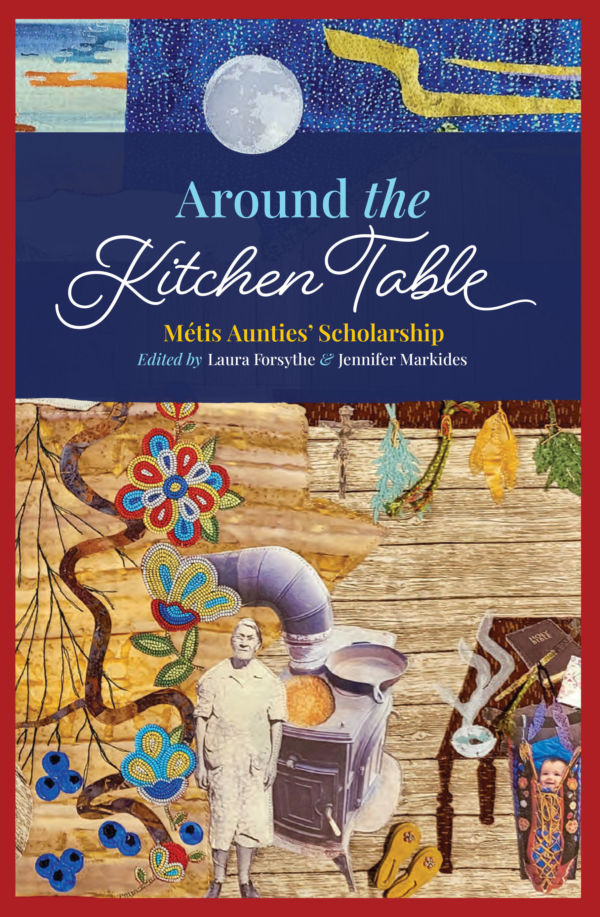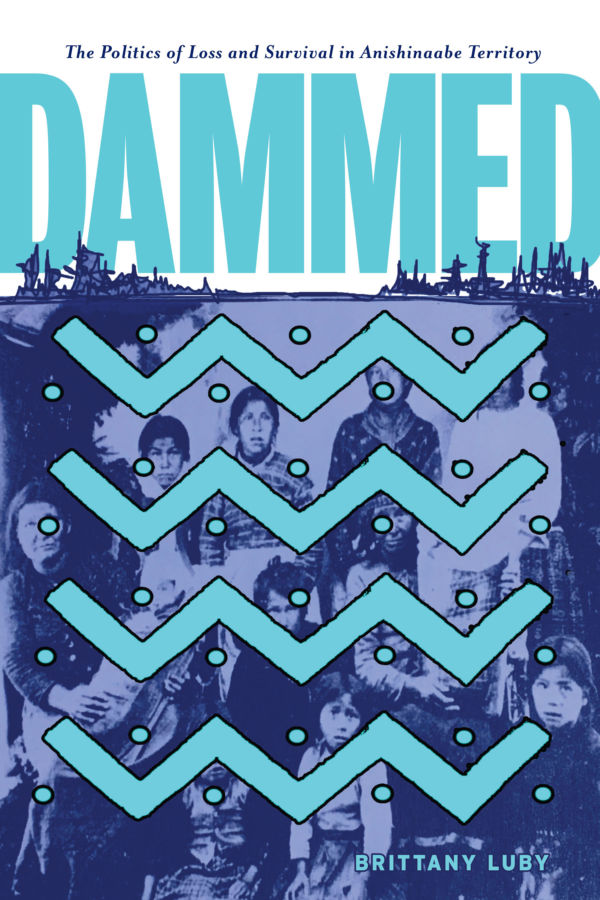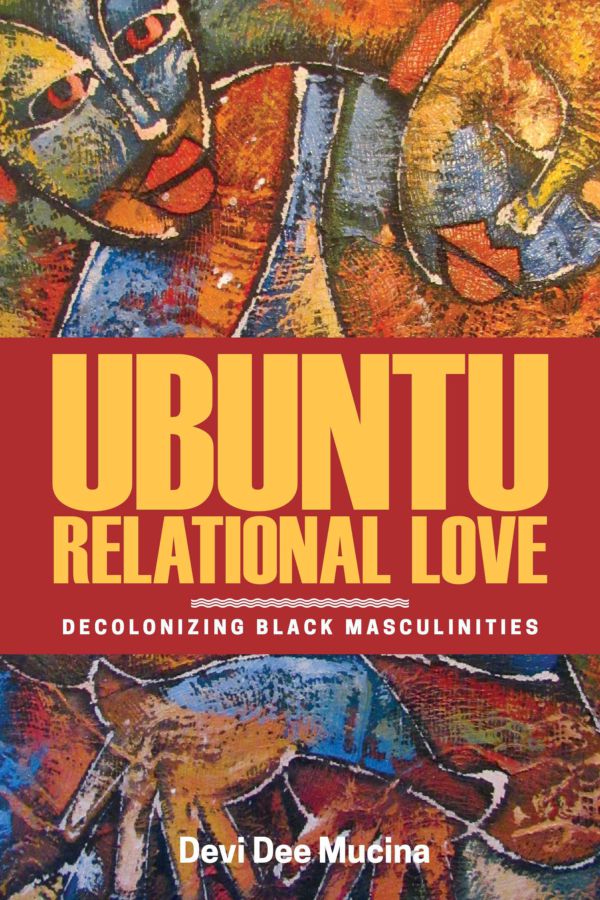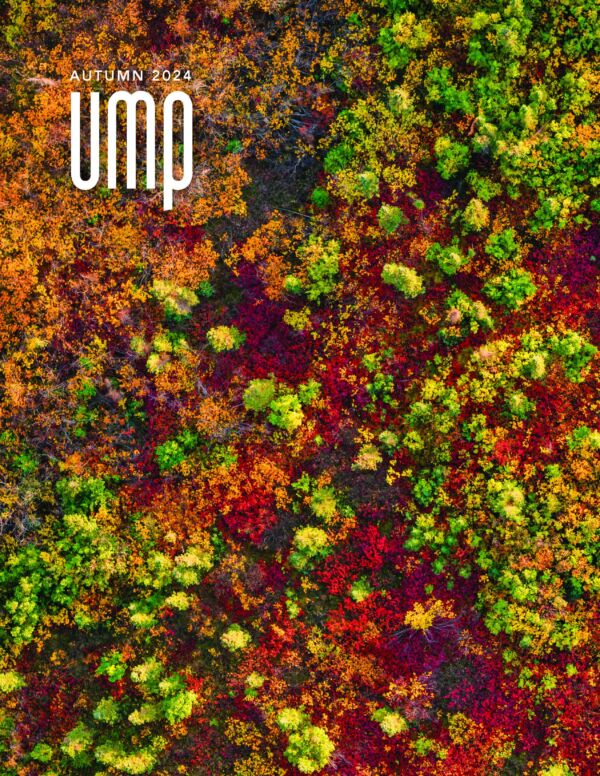Overview
Over the past thirty years, a strong canon of Indigenous feminist literature has addressed how Indigenous women are uniquely and dually affected by colonialism and patriarchy. Indigenous women have long recognized that their intersectional realities were not represented in mainstream feminism, which was principally white, middle-class, and often ignored realities of colonialism. As Indigenous feminist ideals grew, Indigenous women became increasingly multi-vocal, with multiple and oppositional understandings of what constituted Indigenous feminism and whether or not it was a useful concept. Emerging from these dialogues are conversations from a new generation of scholars, activists, artists, and storytellers who accept the usefulness of Indigenous feminism and seek to broaden the concept.
In Good Relation captures this transition and makes sense of Indigenous feminist voices that are not necessarily represented in existing scholarship. There is a need to further Indigenize our understandings of feminism and to take the scholarship beyond a focus on motherhood, life history, or legal status (in Canada) to consider the connections between Indigenous feminisms, Indigenous philosophies, the environment, kinship, violence, and Indigenous Queer Studies. Organized around the notion of “generations,” this collection brings into conversation new voices of Indigenous feminist theory, knowledge, and experience. Taking a broad and critical interpretation of Indigenous feminism, it depicts how an emerging generation of artists, activists, and scholars are envisioning and invigorating the strength and power of Indigenous women.
Reviews
“In Good Relation accomplishes precisely what the early Indigenous feminists worked so hard to pave the way for; that is, it unapologetically engages a diverse and multi-dimensional range of conversations around the violences and erasures of settler colonialism and heteronormative patriarchy, continually generating new knowledge, connections, relationships, and ideas about how to work towards a better life.”
Gina Starblanket, Assistant Professor, Department of Political Science, University of Calgary
“In Good Relation breaks ground, extends knowledge terrains, and respectfully invites readers to open their mind, to be challenged, changed, and even charmed.”
Sarah DeLeeuw, Canada Research Chair in Humanities and Health Inequities, University of Northern British Columbia
“This well-researched and highly readable volume is a collection of broad and historically underrepresented voices of artists, activists and scholars in an attempt to Indigenize feminism in necessary and critical ways."
Karla Strand, Ms. Magazine
"In Good Relation: History, Gender, and Kinship in Indigenous Feminisms is held together by the felt relevance of its critical affinities and intersecting concerns. This ambitious anthology, co-edited by Sarah A. Nickel (Tk’emlupsemc/French Canadian/Ukrainian) and Amanda Fehr, sets out to diversify understandings of Indigenous feminisms, recentre 2SQ (Two-Spirit and queer) perspectives, and sustain cross-generational and Indigenous transnational conversations."
Mylène Gamache, Canadian Journal Of Native Studies
"This writing is so necessary in encouraging us to take up a culture-based practice that does not contribute to further oppression. In Good Relation is a dynamic read for anyone wishing to learn more about Indigenous feminisms."
Kim Anderson, Herizons
“One of the strengths of this volume is its inclusion of diverse time periods, geographic locations, topics, perspectives, audiences, and styles. The inclusion of nonbinary and Two-Spirit voices—perspectives that are often missing in feminist anthologies—adds to this volume’s uniqueness and success.”
Karla J. Strand, Canadian Journal of History
"[In Good Relation] defies simple dichotomies and compartmentalisations, with contributors' different backgrounds and positions highlighting diverse ways to engage with Indigenous feminisms today, inside and outside of academia. This book poses important questions and offers insightful reflections on a topic that is gaining powerful momentum in Canada. Its nuanced treatment of the complexities involved in thinking about Indigenous feminisms renders it valuable to a variety of readers interested in feminist, queer, and decolonial studies."
Valentina de Riso, British Journal of Canadian Studies
About the Authors
Other contributors: Antonia R.G. Alvarez, Joi T. Arcand, Ramona Beltran, Astri Dankertsen, Chantal Fiola, Louise Halfe, Aubrey Hanson, Tasha Hubbard, Madeline Rose Knickerbocker, Darian Lonechild, Anina Major, Elaine McArthur, Lindsay Nixon, Miriam M. Puga, Kai Pyle, Zoey Roy, Marie Sanderson, aja sy, waaseyaa’sin christine sy, Zoe Todd, Omeasoo Wahpasiw, Jana-Rae Yerxa
Table of Contents
Introduction
The Uninvited
Us
Ch. 1 Making Matriarchs at Coqualeetza: Stó:lō Women’s Politics and Histories across Generations
Ch. 2 Sami Feminist Moments: Decolonization and Indigenous Feminism
Ch. 3 “It Just Piles On, and Piles On, and Piles On:” Young Indigenous Women and the Colonial Imagination
Ch. 4 “Making an honest effort”: Indian Homemakers’ Clubs and Complex Settler Engagements
Ch. 5 Reclaiming Traditional Gender Roles: A Two-spirit Critique
Ch. 6 Reading Chrystos for Feminisms that Honour Two-Spirit Erotics
Ch. 7 Naawenangweyaabeg Coming In: Intersections of Indigenous Sexuality and Spirituality
Ch. 8 Morning Star, Sun, and Moon Share the Sky: (Re)membering Two-spirit Identity through Culture-Centered HIV Prevention Curriculum for Indigenous Youth
Ch. 9 Honouring our Great-Grandmothers: Or, an Ode to the Urban Indigenous Feminists “who didn't take shit from nobody!”
Ch. 10 on anishinaabe parental kinship with black girl life: 21st century ([de]colonial) turtle island
Ch. 11 Towards an Indigenous Relational Aesthetics: Making Native Love
Ch. 12 Conversations on Indigenous Feminism

